
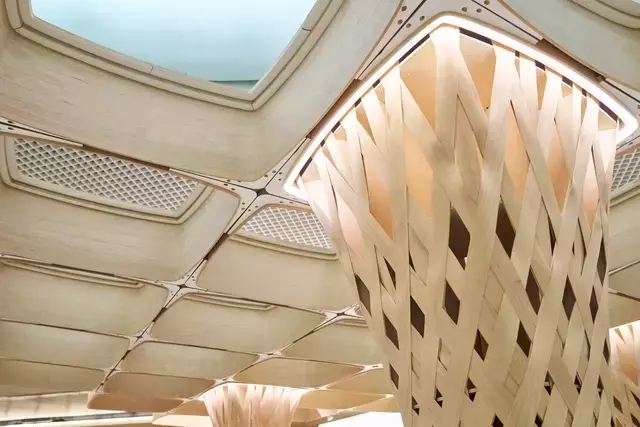
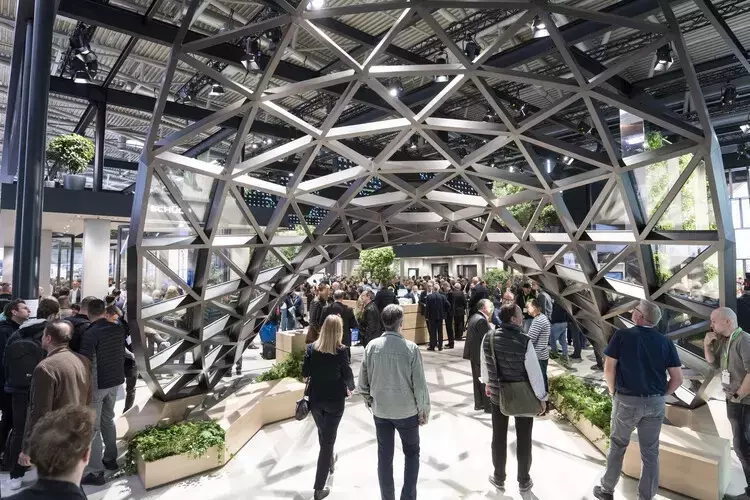
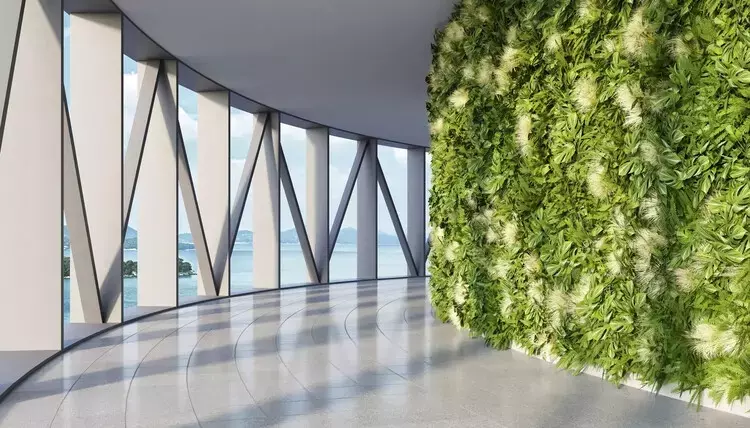
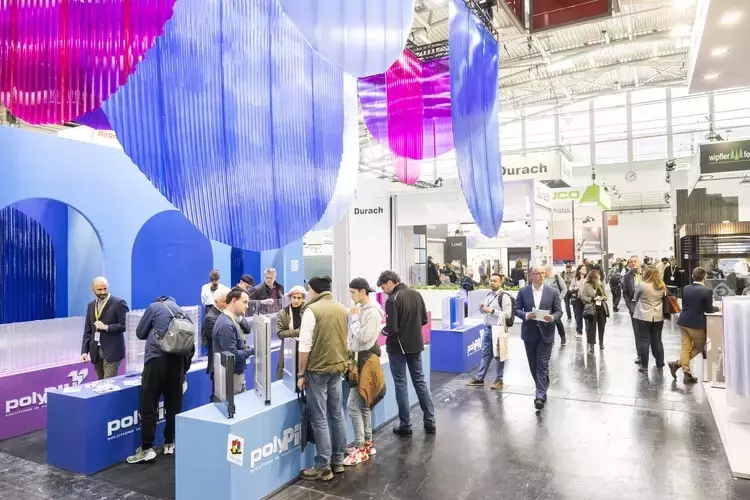
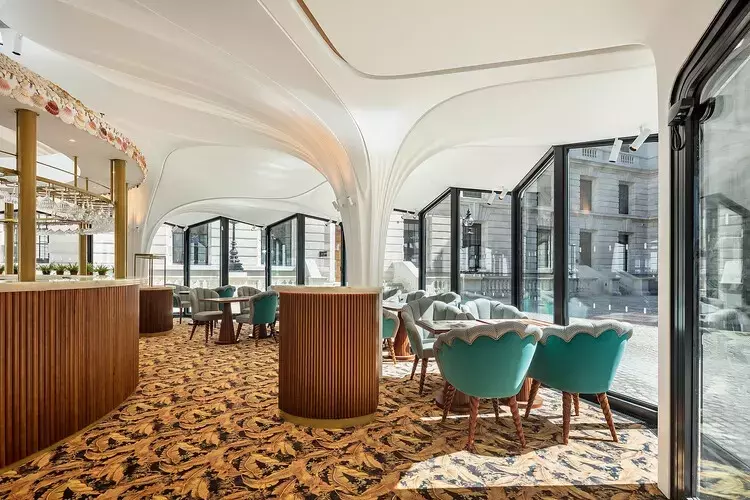
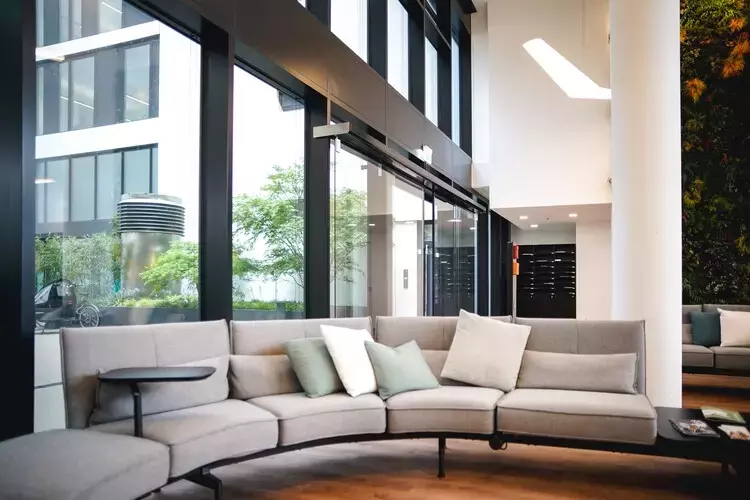
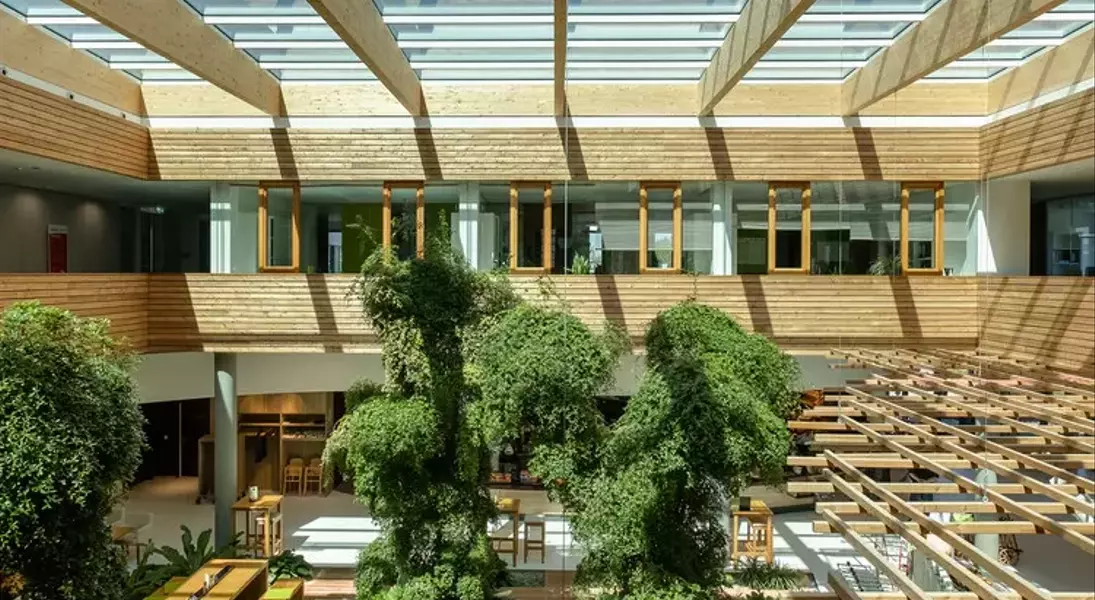


Discover the Cutting-Edge Solutions Revolutionizing Construction
Building Resilience Against Climate Change
As the impacts of climate change intensify, the construction sector must adapt to ensure buildings can withstand extreme weather events. The focus on resilient and climate-friendly construction has never been more critical. Experts advocate for a holistic approach that integrates sustainability, accessibility, and cost-effectiveness into every phase of design and construction. Urban districts designed with resilience in mind can mitigate the effects of climate-related disasters while promoting livable, sustainable spaces for future generations.
Innovative strategies such as green roofs, rainwater harvesting systems, and energy-efficient facades are just a few examples of how architects and engineers are addressing these challenges. By adopting a forward-thinking mindset, the construction industry can create structures that not only endure but thrive in changing environmental conditions. These solutions also enhance the quality of life for occupants, ensuring healthier and more comfortable living environments.
Transforming Urban and Rural Landscapes
The rapid growth of urban areas and the increasing demand for space present significant challenges for the construction industry. Balancing the needs of infrastructure, agriculture, mobility, and energy requires innovative approaches to land use and development. One promising solution is the Baugruppe system, which places residents at the center of the design process. This collaborative model allows communities to shape their living spaces according to their unique needs and aspirations, fostering social inclusion and economic stability.
By integrating affordable housing options in both urban and rural settings, developers can address pressing issues like housing shortages and social inequality. Moreover, this approach promotes sustainable development by minimizing the environmental impact of new constructions. The transformation of transitional areas between cities and rural regions presents an opportunity to create balanced, thriving communities that support diverse populations and local economies.
Promoting Resource Efficiency Through Innovation
The global consumption of raw materials continues to rise, putting immense pressure on natural resources. To combat this challenge, the construction industry must prioritize resource efficiency and sustainability. Innovative production processes, such as the use of recycled materials and circular economy principles, offer viable solutions for reducing waste and conserving resources. Technologies like Building Information Modeling (BIM) enable precise planning and optimization, ensuring that every material is used to its full potential.
Efficiency, sufficiency, and coherence are key strategies for achieving sustainable development in construction. By focusing on these principles, builders can reduce emissions, lower energy intensity, and promote long-term environmental stewardship. The adoption of sustainable materials and advanced technologies not only benefits the planet but also enhances the quality of life for current and future generations. This shift towards resource-efficient construction is essential for creating a more resilient and sustainable built environment.
Enhancing Productivity with Modular and Serial Construction
With rising construction costs and housing shortages, improving productivity is crucial for meeting the growing demand for new developments. Modular and serial construction methods, which involve the use of industrially prefabricated components, offer a promising solution. These techniques streamline the construction process, delivering high-quality results with reduced on-site waste and faster project timelines. Digital tools such as artificial intelligence and robotics further enhance productivity by optimizing workflows and ensuring precision in every step.
Modular construction is not just about speed and efficiency; it also promotes sustainability by minimizing the environmental impact of traditional building methods. Prefabricated components can be designed for easy assembly and disassembly, allowing for adaptive reuse and reducing the need for new materials. As the industry embraces these innovations, the future of construction looks brighter, with greater emphasis on quality, cost-effectiveness, and environmental responsibility.
Optimizing Cost-Effective and Sustainable Construction
Cost-effective construction goes beyond simply reducing expenses; it involves balancing investment costs, operational expenses, and sustainability across a building’s entire lifecycle. This approach requires a deep understanding of economic and ecological factors, analyzing life cycle costs from construction to decommissioning. By leveraging advanced materials and construction techniques, builders can improve indoor comfort, extend the lifespan of buildings, and develop treatments that enhance durability and performance.
The integration of digital tools and smart technologies plays a vital role in achieving cost-effective and sustainable construction. For instance, Building Information Modeling (BIM) provides real-time data and insights that optimize decision-making throughout the project. Additionally, innovative insulation solutions and energy-efficient systems contribute to lower operational costs and improved environmental performance. By prioritizing sustainability, the construction industry can deliver projects that are not only economically viable but also environmentally responsible.
